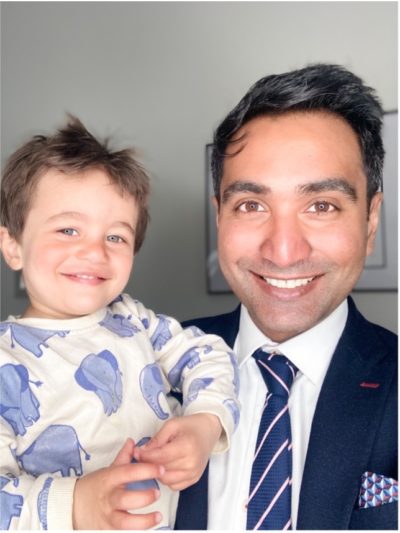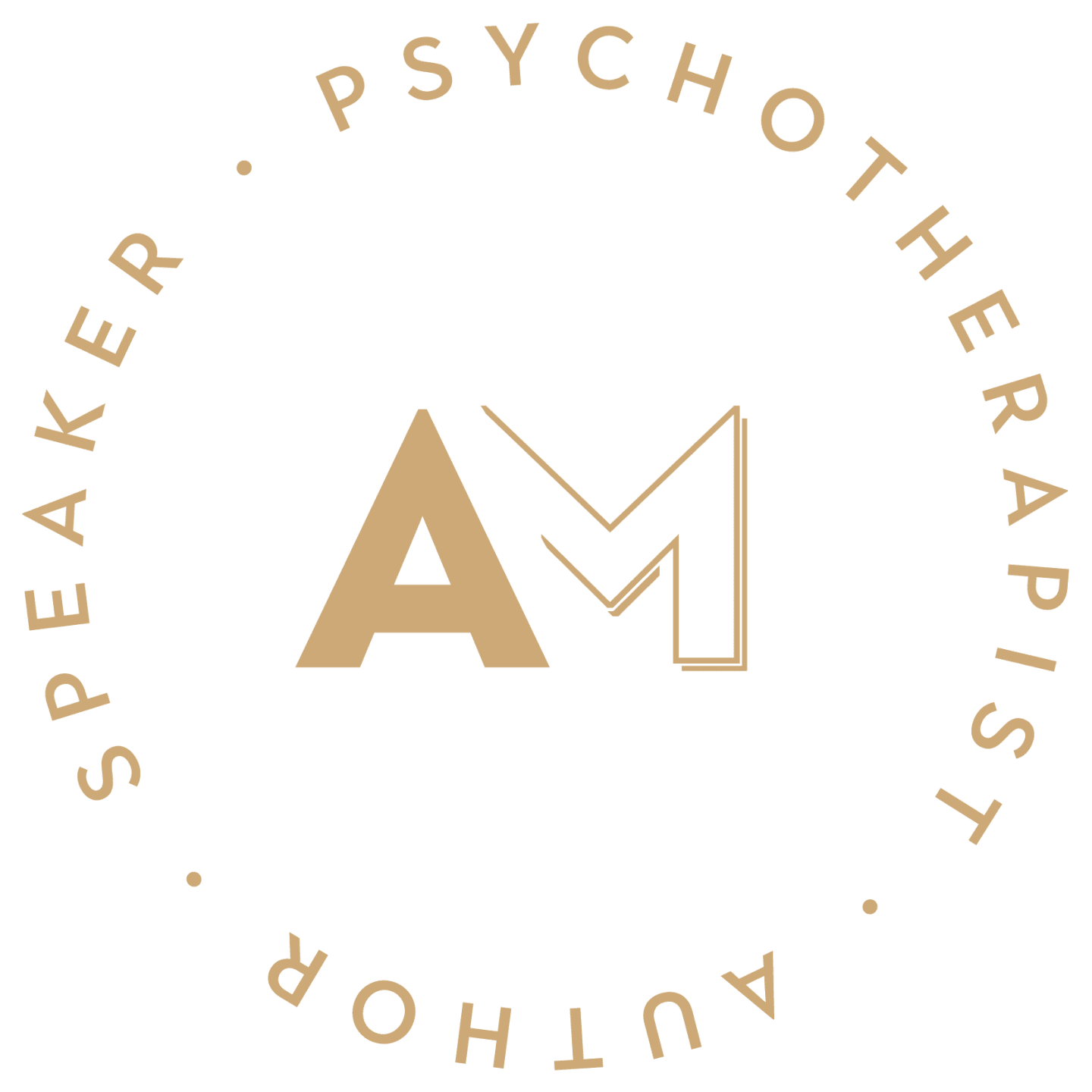A note from Anna: My friend and Ear Surgeon Joe dropped me a message one day after reading something I’d written on how the noise I’m so often surrounded by as a parent drives me a bit wild! Sometimes even the happy, playful squeals of my kids can evoke a reaction in me that feels like stress or rage! He offered to give us a bit of insight (or, earsight, chuckle), into why this happens, and what we can do to help ourselves in those moments.
It’s a pleasure to contribute to Anna’s page. We met 10 years ago through our friend Kathryn, before Instagram was much of a thing! It’s been wonderful to see what a source of inspiration and support she has become to so many young parents and we have her books on our shelf! I am an ear & hearing specialist doctor and surgeon for adults and children, working in central London. I see a whole range of conditions, some of which need procedures and surgery but also many which benefit from parallel therapy. I’m also a Dad of (soon to be 2!) and share plenty of insights from my working and parenting life at @earsurgeonjoe

When a sound triggers an excessive emotional reaction, it may not be a problem with your ear or the sound itself, but rather a disordering of the way the sound processing parts of your brain are communicating with each other.
Although many people who suffer with this phenomenon subsequently develop feelings of frustration, resentment and guilt, it’s helpful for us to understand that experiencing extraordinary sensitivity to sound is part of a spectrum of legitimate recognised conditions.
Misophonia is where certain sounds trigger an emotional or physiological response that is out of keeping with what might be considered reasonable. Sounds can appear quiet to others but induce anger, rage, panic, fear or avoidance in you. Oral sounds seem to be common triggers – swallowing, chewing & breathing, as are repetitive sounds – keyboard tapping, windscreen wipers & fidgeting fingers.
Hyperacusis is an increased sensitivity to sound and a lower tolerance for environmental noise, that results in physical discomfort. Again, these are sounds that are otherwise easily tolerated by others, and discomfort if frequent, can lead on to wincing, distortion and subsequent distress. Sounds can be perceived louder than they are to others.
Think of Misophonia as more of an emotional triggering and Hyperacusis more of a physical triggering.
Phonophobia by contrast is a greater than usual aversion to loud sounds. This can induce fear and avoidance of devices that emit loud sounds such as fire alarms, whistles and speakers. Anticipating a loud sound, such as when you see a balloon being slowly over-inflated, can induce real fight-or-flight symptoms. Headache and migraine overlay are common associations.
Take a look at this diagram of the auditory pathway. Hearing, listening and understanding are three different things that happen in different parts of our neuroanatomy. The auditory cortex (responsible for processing sound into something understandable), the brainstem (the brain’s ‘headquarters’ responsible for breathing, blood pressure, heart rate and sleep) and the limbic system (responsible for regulation of emotions) are all inter-linked, and constantly firing back and forth between each other. This complex interplay leaves many different places in the pathway for things to malfunction.
Research into the cause and treatments of misophonia and hyperacusis is still evolving, and despite our recognition of these conditions there’s still much that needs to be discovered about the neurobiological mechanisms. Until then, we need to focus on the broad principles of managing neuropsychological conditions, including breaking cycles and improving brain health.
The same advice you will usually hear about sleep, exercise and nutrition is all beneficial here. Any young parent knows those are not always simple to put into practice. Anna already has a wealth of information on managing anxiety and improving the health of your mind – all of that is relevant here and I won’t repeat the same content. But instead, I am going to highlight 5 things pertinent to my field which are helpful to know and that I often cover with people coming to see me.
Joe Manjaly FRCS (ORL-HNS)
Consultant Otologist, Auditory Implant & ENT Surgeon
The Royal National ENT & University College London Hospitals
Ear & Hearing Specialist Doctor & Surgeon
One Welbeck ENT, London

Let’s keep in touch
My monthly newsletter full of thoughts, tips and recommendations to inspire and encourage you through parenthood and sometimes an discount for one of my courses.

Anna is a mum of three, and a Psychotherapist, Author and Speaker. She is a warm communicator with a passion for taking therapy out of the therapy room.
Her hope is that through words, spoken or written, people will experience light-bulb moments, learn about themselves and be able to find more freedom and enjoyment in life.

Let’s keep in touch
My monthly newsletter full of thoughts, tips and recommendations to inspire and encourage you through parenthood and sometimes an discount for one of my courses.